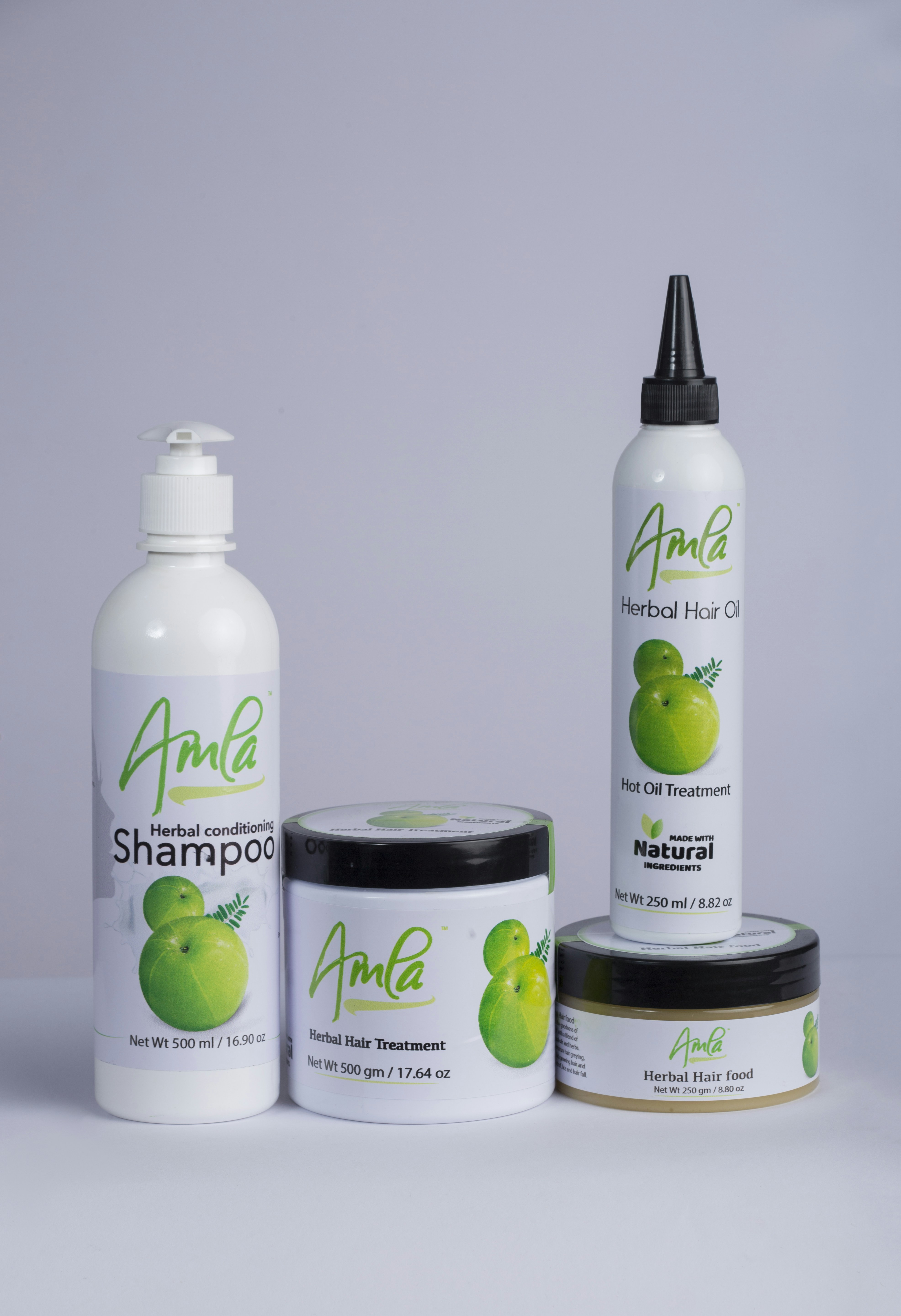
Understanding Ayurvedic Principles for Summer
Ayurveda, a holistic system of medicine originating from ancient India, emphasizes the interconnectedness of our bodies with the natural world. Central to this practice are the concepts of doshas, which represent the three fundamental energies believed to govern physiological and psychological functions: Vata, Pitta, and Kapha. Each dosha has distinct characteristics and is influenced by various factors, including the seasons.
As we transition into summer, the Pitta dosha, which embodies qualities such as heat, intensity, and transformation, tends to increase in our bodies due to the naturally elevated temperatures and longer days. This heightened Pitta can lead to imbalances characterized by irritability, overheating, and excess energy. To counteract these effects during the summer months, it becomes crucial to adapt our dietary choices, lifestyle habits, and personal care routines in line with Ayurvedic principles.
One effective way to maintain balance is by focusing on cooling foods and activities that pacify Pitta. Foods such as cucumber, melon, and mint, alongside cooling grains and dairy products like yogurt, can help mitigate the fiery qualities associated with this dosha. In terms of lifestyle, engaging in calming practices such as meditation, gentle yoga, or swimming can promote mental and physical cooling. Additionally, using natural, soothing skin care products can help alleviate any skin issues that may arise due to increased heat.
Adopting these Ayurvedic strategies not only fosters a healthier body during the summer but also enables a deeper connection with the changing seasons. By understanding the doshas and applying this knowledge, individuals can create a harmonious balance that supports their overall well-being while enjoying the abundant vitality that summer has to offer.
Dietary Recommendations for a Pitta Balancing Summer
As summer approaches, it is essential to focus on dietary choices that help balance Pitta dosha, which is characterized by heat, intensity, and a fiery nature. To maintain equilibrium during the warmer months, incorporating foods that possess cooling properties is vital. A diet rich in seasonal fruits and vegetables can significantly contribute to this balance, making it imperative to choose the right produce.
Fruits such as watermelon, cucumber, and cantaloupe not only provide hydration but also possess high water content that aids in cooling the body. These fruits can be enjoyed fresh or incorporated into smoothies for a refreshing treat. Additionally, vegetables like spinach, zucchini, and broccoli serve as excellent sources of vitamins and minerals while also having a soothing effect on the digestive system. These foods can be consumed raw in salads or gently steamed to retain their nutrients while still being easy on the stomach.
Incorporating cooling herbs and spices into meals can further enhance Pitta-balancing properties. Herbs like mint, coriander, and fennel are excellent options to flavor dishes without adding heat. They can be used in various preparations, including teas and salad dressings, allowing for versatility in meals. A simple recipe to try includes a cucumber and mint raita, combining yogurt, chopped cucumber, fresh mint, and a sprinkle of cumin. This dish is not only cooling but also aids digestion, ideal for the hotter season.
Maintaining optimal hydration during summer is equally crucial. Drinking adequate amounts of water, supplemented with coconut water or herbal teas, can help replenish lost fluids while keeping the body cool. Overall, focusing on these dietary recommendations during the summer months can promote a balanced Pitta dosha, ensuring better health and well-being.
Lifestyle Practices to Stay Cool and Collected
As summer approaches, the increasing temperatures can significantly affect one’s physical and mental well-being. To maintain a calm and balanced state, especially for those with a Pitta constitution, incorporating specific lifestyle practices into daily routines is essential. Early morning yoga is one such practice that can help harmonize the body and mind. Engaging in gentle yoga postures during the cooler hours can enhance flexibility, promote relaxation, and prepare one for the day ahead. A morning practice may also serve to reduce the overstimulating effects of Pitta energy.
Meditation techniques are another vital component in staying cool under pressure. Setting aside time for meditation in a serene environment can help cultivate a sense of peace and mindfulness. Focusing on slow, deep breaths while practicing meditation aids in regulating the breath, calms the nervous system, and helps maintain emotional equilibrium. Simple techniques, like guided imagery or focusing on a mantra, can promote a tranquil mind, further reducing the intensity of Pitta energy.
Another consideration for summer wellness is the timing of daily activities. It is advisable to schedule strenuous tasks during the cooler parts of the day, either early in the morning or later in the evening. This strategic approach minimizes exposure to the intense midday heat, thereby reducing stress on the body. Additionally, it is important to prioritize adequate rest and relaxation. Sufficient sleep is crucial during the summer months, as it allows the body to recover and regenerate, maintaining optimal health and balance.
By integrating these thoughtful lifestyle practices—early morning yoga, meditation techniques, appropriate timing of activities, and ensuring adequate rest—individuals can cultivate a serene environment amidst the heat of summer. These strategies serve to mitigate the demanding effects of Pitta energy, allowing one to embrace the season with a sense of calm and composure.
Herbal Remedies and Natural Products for Summer Care
As the temperatures rise and the days grow longer during summer, incorporating Ayurvedic herbs and natural products into your routine can significantly enhance your wellbeing. Ayurvedic principles emphasize a holistic approach to health, particularly during the warmer months when maintaining balance is crucial. Several herbs stand out for their cooling properties and overall benefits in promoting hydration and skin health.
Mint, for example, is known for its invigorating aroma and cooling effect on the body. Consuming mint tea is a popular method to stay hydrated and refreshed during hot days. Not only does the menthol in mint provide a soothing sensation, but it also aids digestion, making it a perfect addition to summer meals. Furthermore, mint-infused oils can be used in massages to relieve heat stress and enhance circulation.
Sandalwood is another significant herb in Ayurvedic care, celebrated for its calming scent and anti-inflammatory properties. It can be used topically in the form of a paste or included in lotions and creams to cool and nourish the skin. Its natural ability to combat dryness makes sandalwood particularly effective during the summer, ensuring that the skin remains hydrated and protected from excessive sun exposure.
Rose, revered for its beauty and aroma, is also beneficial during summer. Rose water can be an invaluable product for skincare, providing natural hydration and soothing sunburn. Additionally, its antioxidant properties help maintain skin elasticity while combating the effects of pollution and heat. Incorporating rose into your daily regimen, whether through skincare products or refreshing beverages, can uplift both mood and skin condition.
In summary, using herbal remedies such as mint, sandalwood, and rose not only supports hydration and cooling but also promotes overall health and skin vitality during the summer months. Embracing these natural products allows for a holistic approach to summer care that respects the principles of Ayurveda.


